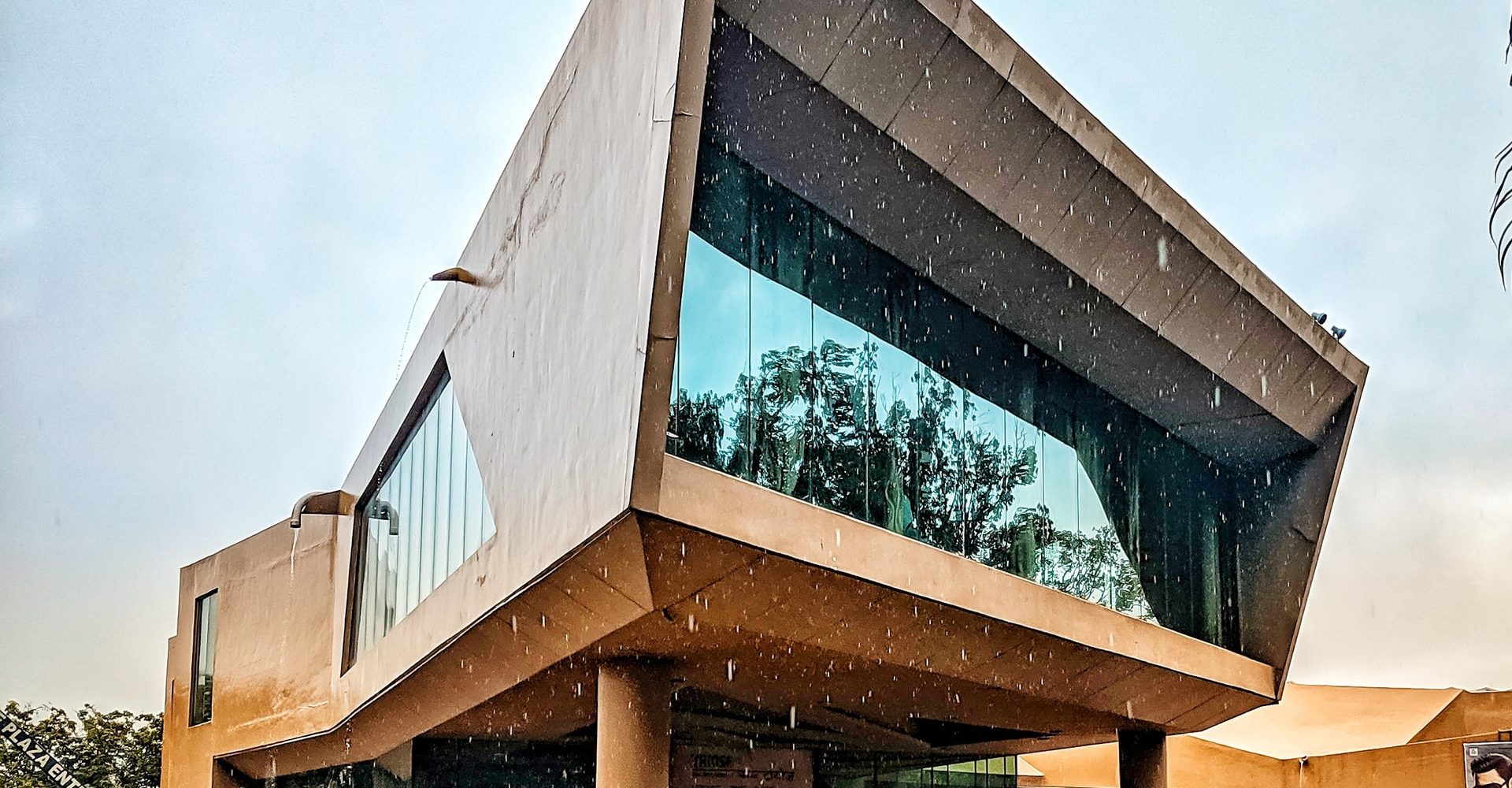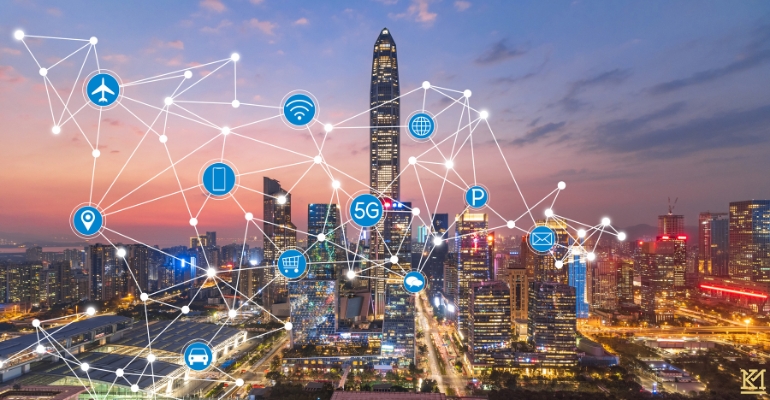
Smart cities represent the future of urban living, where advanced technologies are seamlessly integrated into the fabric of city infrastructure to enhance efficiency, sustainability, and quality of life. In Canada, the move towards smart cities is gaining momentum, driven by a commitment to innovation and a desire to create more livable, resilient communities. Embracing smart city technologies offers numerous benefits, from improved public services to reduced environmental impact, making it a vital trend for Canada’s urban centers.
At the core of smart city development is the integration of Internet of Things (IoT) devices and data analytics. These technologies enable cities to collect and analyze vast amounts of data in real-time, providing valuable insights into urban operations. For instance, smart sensors can monitor traffic flow, air quality, and energy consumption, allowing city planners to make informed decisions that optimize resource use and improve public health. In cities like Toronto and Vancouver, pilot projects are already demonstrating the potential of IoT to transform urban management and enhance residents’ daily experiences.

Energy efficiency and sustainability are key priorities for smart cities in Canada. By leveraging smart grids and renewable energy sources, cities can reduce their carbon footprint and promote cleaner, more sustainable living environments. Smart grids facilitate the efficient distribution of electricity, integrating renewable energy sources like solar and wind power, and enabling demand-response strategies that balance energy supply with consumption. Additionally, smart buildings equipped with energy-efficient systems and automated controls can significantly reduce energy usage, contributing to Canada’s goals of sustainability and climate resilience.
Transportation is another critical area where technology integration can have a profound impact. Smart transportation systems utilize real-time data to improve traffic management, reduce congestion, and enhance public transit services. In cities like Montreal and Calgary, intelligent traffic signals, adaptive traffic management systems, and real-time transit information are helping to create more efficient and reliable transportation networks. Furthermore, the rise of electric and autonomous vehicles promises to revolutionize urban mobility, offering cleaner and safer alternatives to traditional transportation methods.
Public safety and emergency response are also enhanced through smart city technologies. Advanced surveillance systems, predictive analytics, and automated emergency response systems can improve the effectiveness of public safety measures and reduce response times during emergencies. For example, smart street lighting equipped with sensors can adjust brightness levels based on pedestrian activity, enhancing safety while conserving energy. In addition, integrated communication platforms enable better coordination between emergency services, ensuring a swift and efficient response to incidents.
Despite the many advantages, implementing smart city initiatives requires careful planning and collaboration. It involves not only deploying cutting-edge technologies but also ensuring that they are accessible, secure, and inclusive. Privacy concerns, cybersecurity threats, and the digital divide are challenges that must be addressed to ensure that the benefits of smart cities are equitably distributed among all residents. Collaborative efforts between government, private sector, and communities are essential to overcoming these challenges and realizing the full potential of smart city innovations.
Smart cities and technology integration are pivotal to the future of urban living in Canada. By harnessing the power of IoT, data analytics, and sustainable practices, Canadian cities can become more efficient, resilient, and inclusive. As the movement towards smart cities accelerates, the potential to create urban environments that are not only technologically advanced but also environmentally sustainable and socially equitable is within reach, paving the way for a brighter urban future.